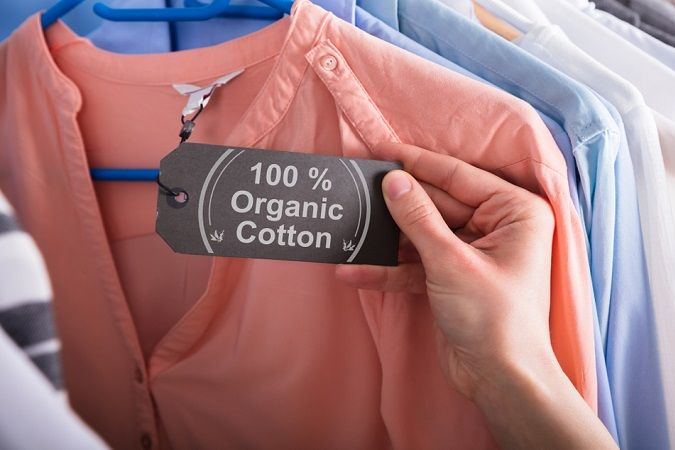
UNECE launches ‘The Sustainability Pledge’ to verify sustainability claims
YarnsandFibers News Bureau 2021-05-31 10:57:38 – SwitzerlandMember states of the United Nations Economic Commission for Europe (UNECE) have endorsed a toolkit of policy recommendations, implementation guidelines, and standards that will make it simpler to assert and verify sustainability claims in the apparel and footwear sectors. For monitoring any clothing, the toolkit provides traceability and transparency options.
The UNECE toolkit delivers solutions for creating an immutable record of provenance and composition for each item of apparel or pair of shoes, from raw materials. Consumers, regulators, and enterprises may use this information to verify claims about sustainable and ethical manufacturing.
UNECE said greater transparency and traceability can also help with attempts to develop a circular economy, which the European Union has prioritized. Goods may be more easily recycled with exact information on their composition, keeping materials in use, while actions that cause waste, pollution, or harm the natural environment cannot be disguised from authorities.
The UNECE member state endorsement includes a Call to Action, also known as "The Sustainability Pledge," which invites governments, garment and footwear manufacturers, and industry stakeholders to pledge to implement the toolkit of measures and take a positive step toward improving the sector's environmental and ethical credentials. Commitments should be made in time for the next multi-stakeholder policy debate, which will be held in Milan, Italy on September 21-23.
Executive secretary of the UNECE, Olga Algayerova, said they're immensely happy and enthusiastic about the extremely pragmatic, realistic, and open source solutions that have been accepted by UN member states for enhancing the garment and footwear sector's sustainability and circular practices. With this support, they now have a clear path forward, and he encourages all actors, regulators, and governments to join The Sustainability Pledge.
The UNECE project "Enhancing Transparency and Traceability of Sustainable Value Chains in Garment and Footwear," which is being executed with UN/CEFACT, in collaboration with the International Trade Centre (ITC), and with support from the European Union, has resulted in the Sustainability Pledge. The project's purpose is to provide a platform that allows governments, industry partners, consumers, and other key stakeholders to make risk-informed decisions and hold sustainability promises accountable.
Consumers are demanding more information on how clothes, textiles, and shoes are sourced, produced, and manufactured, and the Sustainability Pledge meets that demand. According to Euratex, the EU textile and garment sector generates €162 billion in revenue. Millions of people are employed by the industry's worldwide supply networks, which are complicated and opaque, allowing for labor exploitation and abuse, particularly among women.
Market Intelligence
Ask for free sample Report

experience
Customer Base
dedicated team
Countries Served Worldwide









